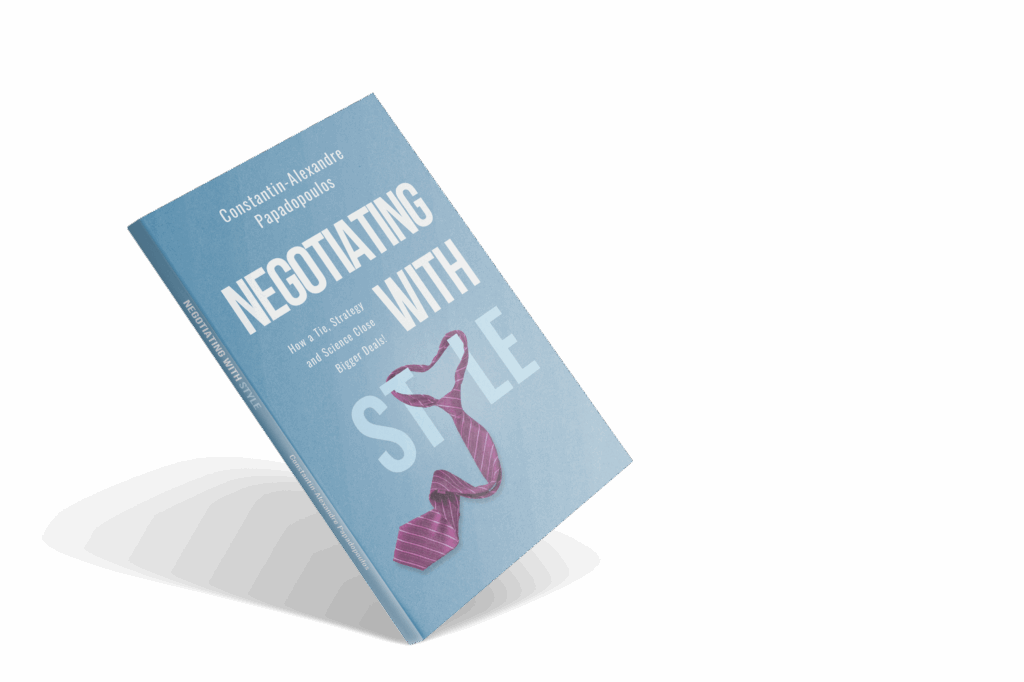Harnessing the Power of 'No' in Negotiations

As you have already read in this newsletter, negotiation is a dance of words and psychology. One of the most intriguing steps in this dance, as I discovered through Chris Voss’s “Never Split the Difference” and Jim Camp’s “Start with No,” is the deliberate pursuit of a “no” from your negotiation counterpart.
Seeking “No” to Empower Your Counterpart
In a negotiation, a “no” can be more empowering than a “yes.” It provides a sense of control and security to the counterpart. For instance, compare these two questions:
- “Would you have five minutes to discuss this topic?” and,
- “Is this a bad time to ask for five minutes of your time?”
The second question, inviting a “no,” subtly empowers the respondent and shifts the negotiation dynamic.
Strategically Surrendering Control
The battle in negotiations often lies in who holds control. By maneuvering the counterpart to say “no,” you provide them with an illusion of control, without actually ceding any real power. This strategy often makes the counterpart more amenable and open, as they perceive themselves to be making the decisions.
Leveraging “No” in Stalling Situations
In moments where negotiations stall, a question that leads to a “no” can be a catalyst. For example:
It appears our discussions haven’t progressed recently. Have you lost interest in this project?
This approach invites a clear response and can effectively address and resolve uncertainties.
Leveraging “No” in the decision stage
Would it be a terrible idea to agree on the following next steps … ?
… can be a game-changer. This tactful form of asking probes the counterpart’s boundaries and preferences without direct confrontation. It’s a way of floating ideas and gauging reactions, effectively opening the door for your counterpart to suggest alternatives or express concerns. This question, suggestive yet non-threatening, can lead the negotiation into new, mutually agreeable directions. It’s not just about getting a ‘yes’ or ‘no’—it’s about encouraging a dialogue that reveals deeper insights and paves the way for constructive next steps.
Understanding the Power of Your Own “No”
While encouraging “no” from others, don’t underestimate the power of your own “no.” Every proposal should be critically evaluated for its alignment with your goals and benefits. If it falls short, have the confidence to decline. We delve into the significance of your own “No” while addressing the importance of preparation.
Conclusion
Negotiations are not just about getting to “yes.” Sometimes, the most strategic path involves navigating through “no.” By understanding and mastering this approach, you can transform your negotiations into more nuanced, controlled, and ultimately successful interactions.
What shall you do?
I invite you to reflect on your past negotiations. Have there been moments where a “no” could have shifted the dynamic in your favor? How might you incorporate this strategy in your future negotiations? Share your thoughts or experiences below. Let’s discuss how the power of “no” can reshape our understanding of successful negotiations.
About the author
Co-founder of snipers.sale and negotiation engineer.
Our participants benefit from psychology, communication and business negotiation expertise to maximize their negotiation outcomes.
